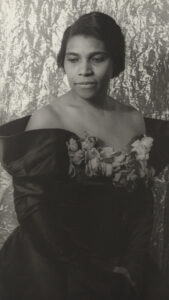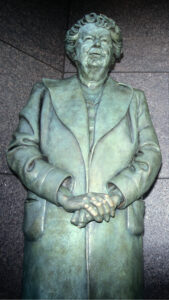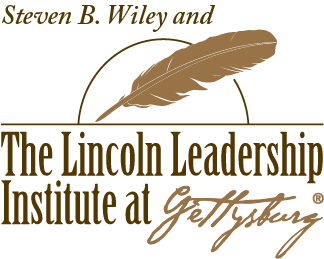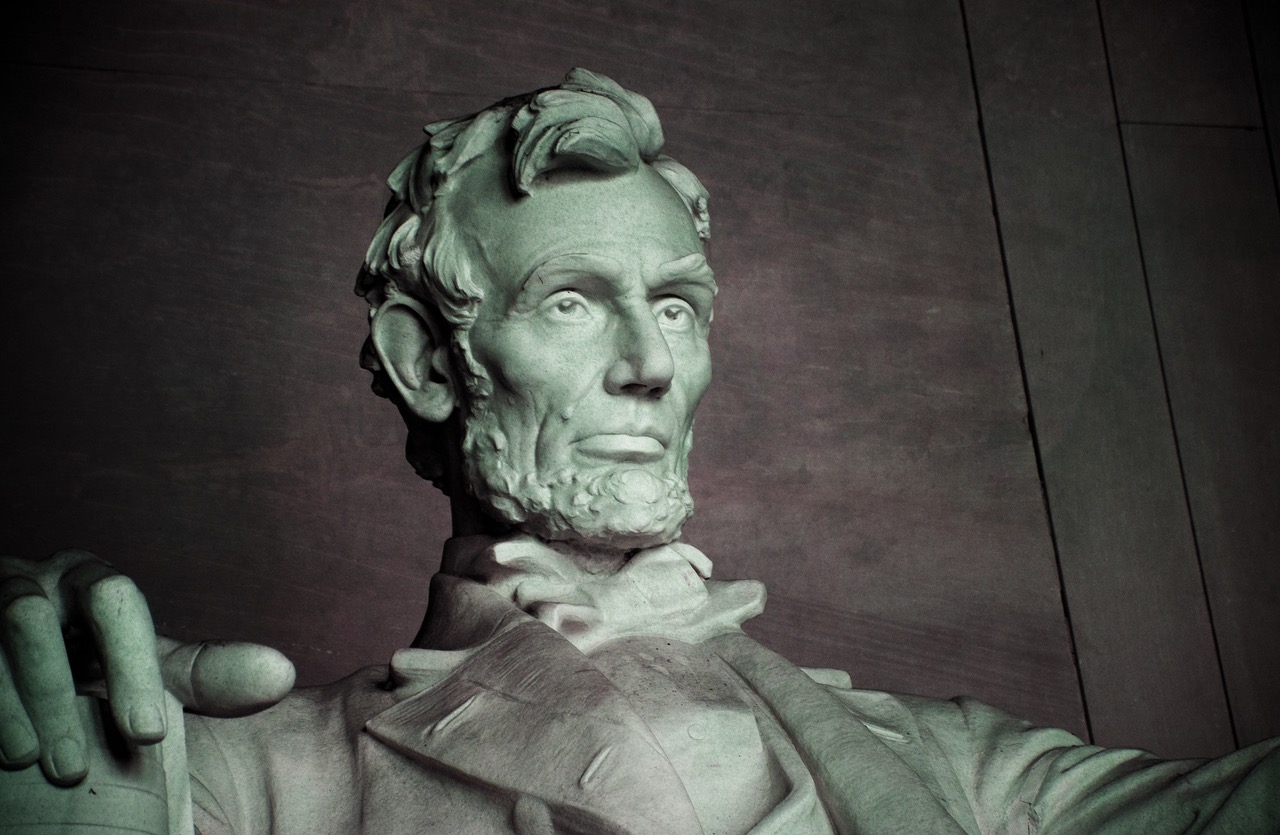
Leadership comes in many forms, and it’s not always about holding a grand title or position of power. Often, it’s the small, everyday actions that make the biggest impact. A remarkable example of this is the story of Eleanor Roosevelt and the Daughters of the American Revolution (DAR) in 1938. This incident demonstrates that true leadership is not bound by position or authority, but by the will to create positive change. At the Lincoln Leadership Institute, we believe that each of us has the potential to exhibit leadership like this in our daily lives. Let’s explore how Roosevelt’s actions served as a shining example of this principle.
A Defining Moment
In 1938, the world-renowned contralto, Marian Anderson, was scheduled to perform a concert at Howard University. However, the venue proved too small for the expected audience. The organizers faced a dilemma and decided to approach the DAR, who had a more spacious auditorium at Constitution Hall. But there was a significant problem – Constitution Hall was segregated, and Marian Anderson was Black. The DAR declined the request, citing their segregation policy.
Eleanor Roosevelt’s Intervention
Eleanor Roosevelt, one of the most high-profile members of the DAR and the First Lady of the United States at the time, was deeply disturbed by this decision. She understood the injustice Anderson faced and felt compelled to act.
Roosevelt urged the DAR to reconsider their decision, but when they refused, she took one small action that had a huge impact: she resigned her membership. Her resignation sent a powerful message that discrimination had no place in her value system. However, Roosevelt didn’t stop there. She coordinated with Secretary of the Interior Harold Ickes to ensure that Anderson, instead of singing at Constitution Hall, would perform on the steps of the Lincoln Memorial, an iconic location that symbolized freedom and equality.
A Concert with Impact
Roosevelt’s leadership didn’t end with the location change. She worked tirelessly to have the concert widely broadcast, reaching a much larger audience than would have been possible at Constitution Hall. By doing so, she amplified Marian Anderson’s message and allowed it to resonate with people across the nation, serving as a watershed moment in civil rights in America.

Leadership for Everyone
Eleanor Roosevelt’s actions in this situation exemplify the type of leadership that is accessible to all of us. She had no legal authority over either the DAR, the Department of the Interior, or any of the media, but she used her moral compass to bring about change. Leadership is not restricted to those in positions of power; it’s about using your voice, influence, and conviction to stand up for what’s right.
Conclusion
Roosevelt’s seemingly small act in the case of Marian Anderson serves as a powerful reminder that we can all be agents of change. Whether we’re in positions of authority or not, we can make a difference by being rigid with our values. At The Lincoln Leadership Institute, we encourage everyone to take inspiration from leaders like Eleanor Roosevelt and strive to lead in the same impactful, principled manner. Small actions can lead to significant change, and each one of us has the potential to make a big difference in the world through our leadership.




Recent Comments